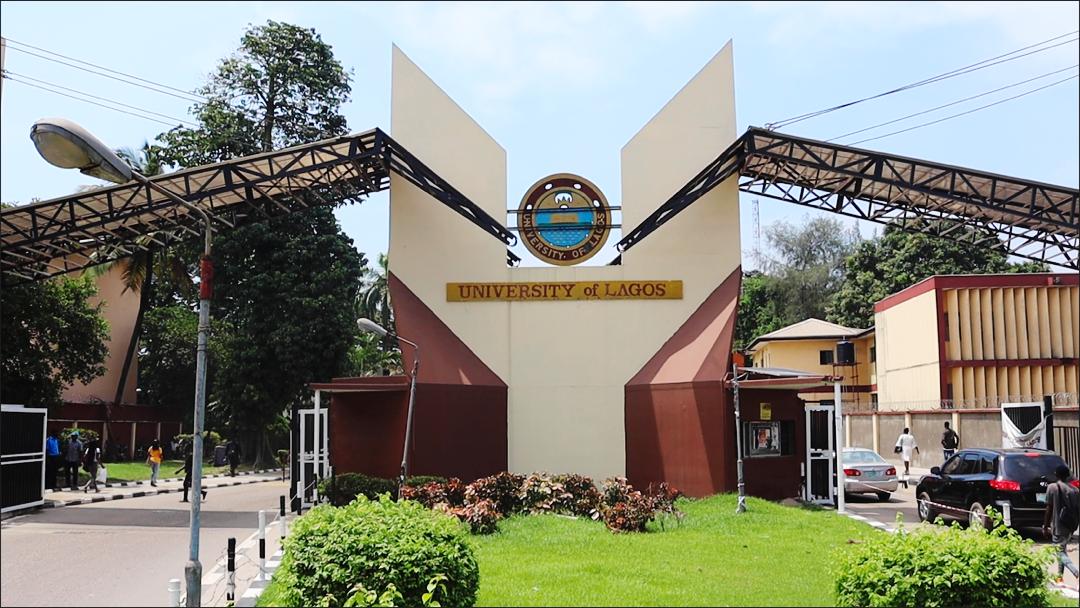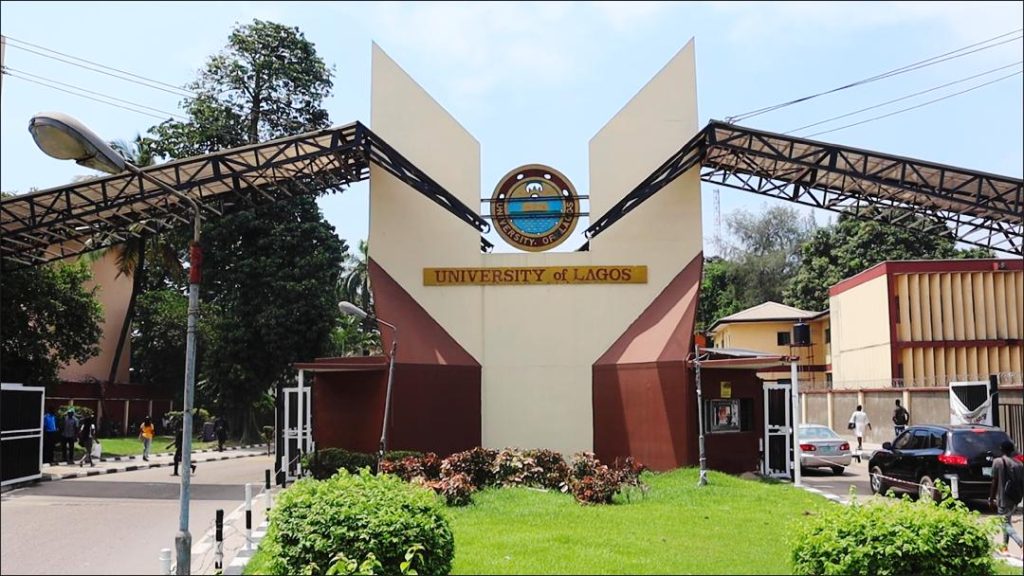UNILAG Set to Introduce Policy on Ethical Application of AI


The administration of the University of Lagos (UNILAG) has announced plans to introduce a policy document focused on the ethical use of artificial intelligence (AI) in academic activities, aiming to “enhance critical thinking rather than fostering plagiarism and academic indolence.”
The university’s Deputy Vice-Chancellor (Academics and Research), Prof. Bola Oboh, disclosed this recently during the commencement of a three-day workshop on ethics in higher education.
The “Intensive Training Workshop on Higher Education Ethics,” which was led by a Fulbright Specialist Awardee and Deputy Ethics Officer at Texas A&M University, Central Texas, USA, Prof. Russell Porter, was organized by the Office of International Relations, Partnerships and Prospects (IRPP) of the University of Lagos.
In her remarks, Oboh described the training as essential, stressing the significance of ethics within the higher education sector. While speaking with journalists, she reaffirmed the university’s dedication to upholding ethical principles and revealed that efforts were already underway to develop policy documents addressing ethical considerations related to artificial intelligence (AI) in academic work.
The deputy vice-chancellor noted that AI usage in academia is unavoidable but emphasized that universities worldwide must ensure these tools support intellectual development rather than compromise academic integrity.
She said: “If we say no to AI, we will just be deceiving ourselves. So, we have already started developing policies in that area as a university. In the next one or two months I’m sure the policy will be finally taken to the Senate for consideration.”
“Whether we like it or not, our students are already using it, and some lecturers are also using it to check for plagiarism works. So we have made the student realise that while they can use AI, the idea of being able to think critically, using their thoughts and mind, should not be thrown away. It is when you just pick things online and dump them as received that it becomes a serious ethical problem.”
She assured that once the AI policy is fully implemented, it will promote critical thinking rather than encourage plagiarism and laziness among staff and students.
Also speaking at one of the sessions, the Research Lead of the Machine Intelligence Research Group (MIRG) at UNILAG, Babatunde Sawyer, a PhD holder and lecturer in the Department of Computer Science, provided insights on artificial intelligence (AI) concerning its accountability, validity, reliability, explainability, security, and privacy.
Held at the Arthur Mbanefo Digital Research Centre (AMDRC) in UNILAG, the training, according to the university, is designed to enhance faculty members’ knowledge of proactive ethical approaches while emphasizing their importance in maintaining standards and ensuring excellent service delivery.
The programme, which forms part of the anticipated outcomes of Porter’s scholarship award, was a presentation of the Proactive Ethics Programme (PEP), an initiative developed by the scholar through his research.
Through the PEP initiative, the workshop aims to provide university administrative and academic staff with essential knowledge and frameworks to address ethical concerns in higher education.
The scholar emphasized the importance of universities adopting “preventive measures rather than reactive responses to ethical challenges,” explaining that ethical frameworks could be tailored to align with local circumstances in Nigerian universities while still adhering to global best practices.








